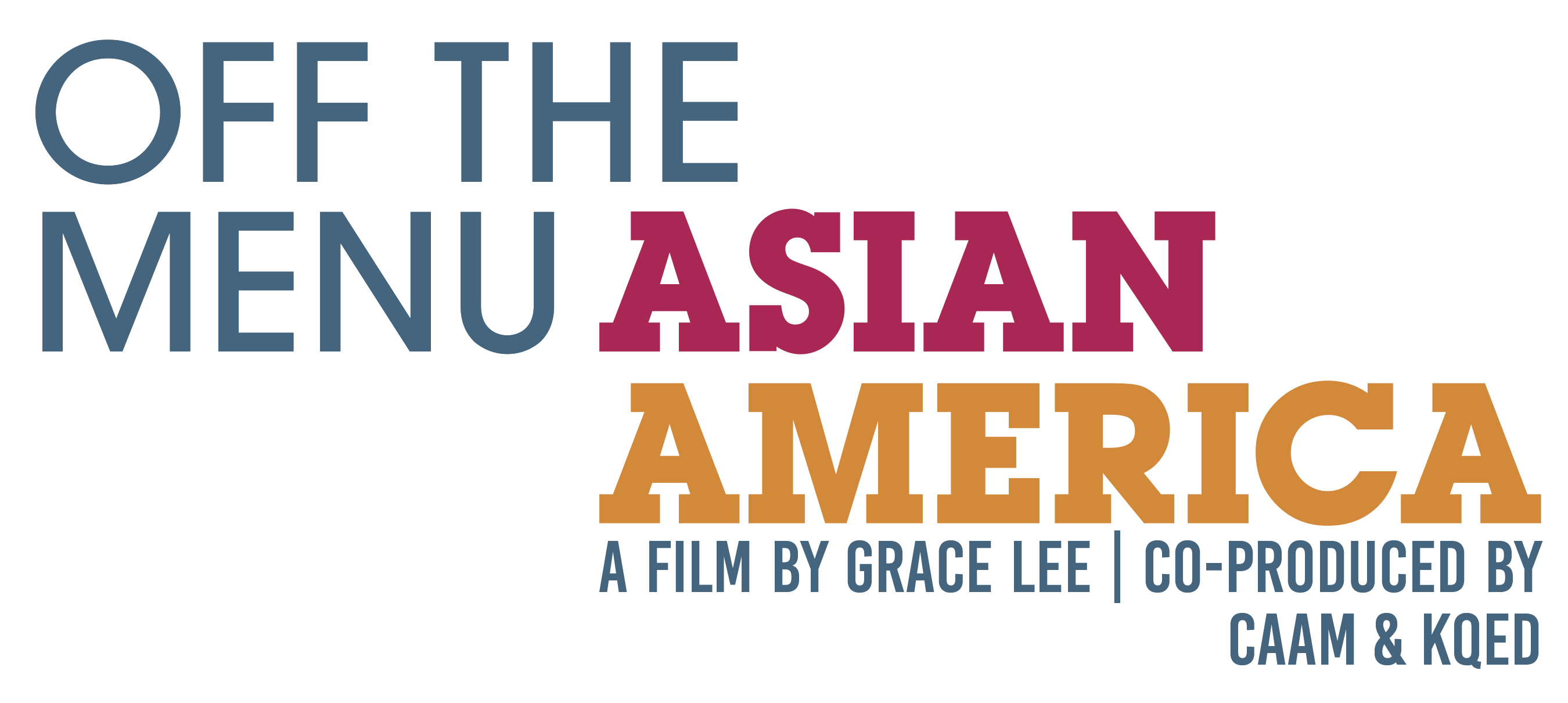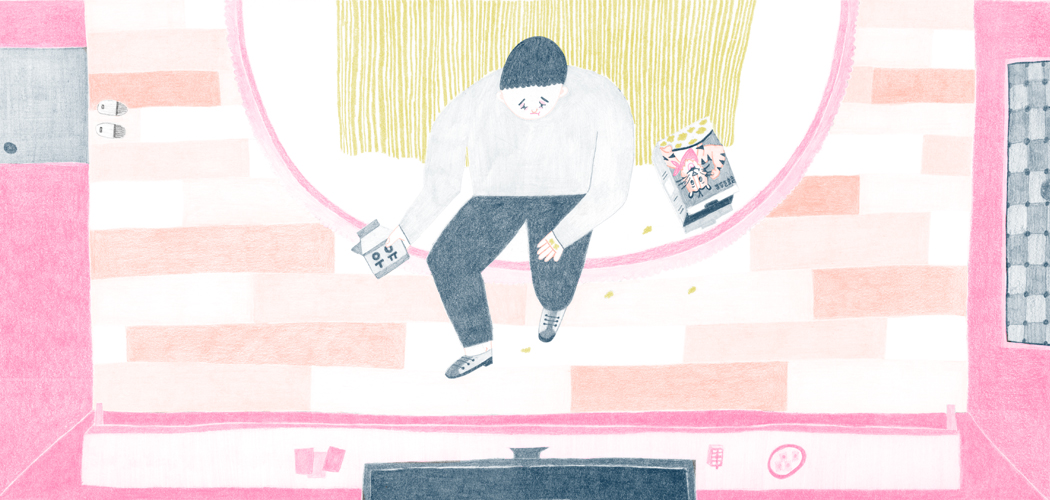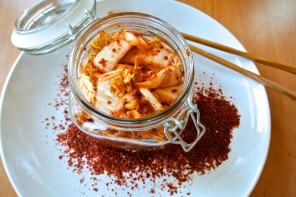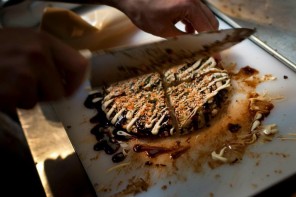My first day in Korea, at least since my adoption, I waited as long as I could before stepping out into the afternoon to ease my hunger. I had no cell phone and zero reference points—I had never even seen a Korean film, let alone eaten at a Korean restaurant. I remember how humid it was, because I hate sweating. The air seemed greasy, as if you were walking into your sweat, rather than producing it. I grew desperate for air conditioning, and yet as soon as I entered a restaurant, I turned back out. I was cold with fear. I couldn’t eat, because I was an adoptee.
What I mean is: I had told myself that I was in Busan not to search for my past, for my birth parents or birth culture. I had chosen the opposite end of the country from Seoul, where I was born. I was in Korea just to teach and live and experience a foreign culture. Yet in that restaurant, my trip suddenly depended on no one knowing who I was not. I couldn’t speak English. I was hungry, but what I was most hungry for was to be a Korean in Korea. Just as what I had been most hungry for in America was to be an American.
I didn’t know what to do. I told myself, a very American idea, that even if I ate, the food might make me sick, on top of lost and despairing and cut off from the me I knew while surrounded by the me I might have been. Fear of illness was far easier than my fear of myself.
I found a convenience store instead, and a familiar tiger, and I bought milk with the Frosted Flakes and returned to the hotel. I was staying in a love motel, because the housing my sponsor had promised was unavailable. My room was a 10×10 square with a round bed and no windows. On the stairs of the motel were business cards with photos of naked women, plus phone numbers. The TV showed only porn. With the little carton of milk and the box of cereal, I realized I didn’t have dishes or utensils. The night before, when I turned off the lights, a red glow had remained on, ringing the ceiling. I shoved the cereal into my mouth. I poured in some milk, and swished.
I had been out for only an hour—but I couldn’t leave again. I told myself I couldn’t leave because it was too hot. I read on that round bed and told myself not to watch TV. When I wanted to cry, I told myself that this trip had been my choice.
The next day, everywhere except that convenience store was closed and would remain closed over the long weekend. It was Chuseok, Korean Thanksgiving, which no one had warned me of. In a week, I had lost almost 20 pounds, filled up mostly with shame. I only stayed because I met the woman who would become my wife.
But that is another story. This is the story of a decision.
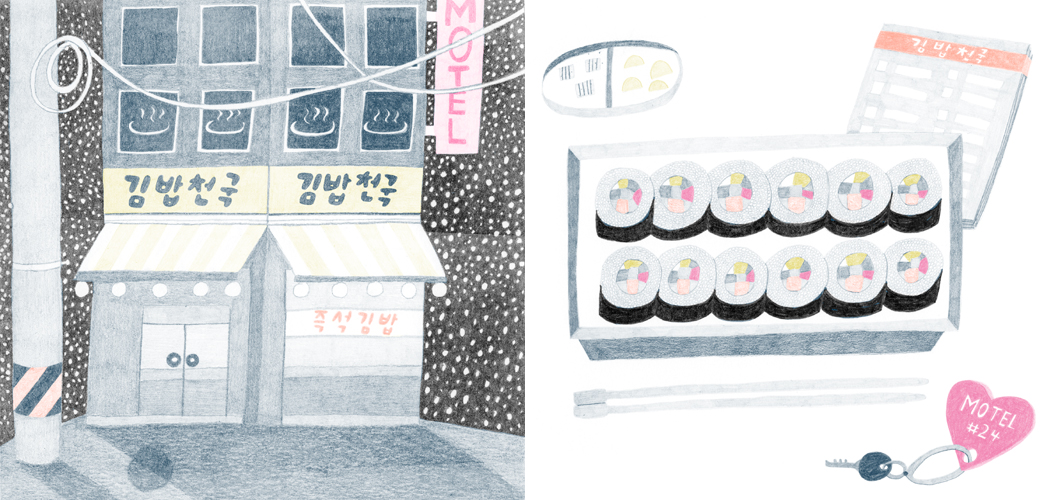
Around the time everything at last reopened, I decided that if I couldn’t order a meal, I would have no chance at lasting a year. There was a kimbap place by the love motel—I didn’t know what kimbap was, but the restaurant looked simpler than most—and I made it my target. I remember walking in several times and running out again, until finally I stood in the middle of the floor as a woman waved me toward the counter. People ate so easily, with no acknowledgement of how hard it could be to satisfy one’s constantly returning hunger. I thought again of possible illnesses, as a stand-in for other fears. Someone stepped around me, with a huff, and ordered. When he was done, the woman looked at me strangely. I hadn’t moved. “Chinese?” she asked.
In America, when people would ask if I was Chinese, I would say, “Korean,” and think, “American.” I said “Korean” because I knew what they were asking.
Now I answered “American” just as automatically, because I knew what the woman was asking. As soon as the words were out, I felt intensely watched. But I also realized that the only one watching was me. The woman frowned with pity. She pulled some money from the register, held it in the air, and then replaced it, symbolically, so that I saw that my meal was on her.
I took the kimbap to a table and sat there thinking, Sushi, this is just sushi, eating and crying over that generosity. I tried to make myself unseen, but maybe I was also trying to make myself seen. This woman, who could have been my mother, who had lived one of a million alternate lives, had seen me intent on emptiness and had fed me.
+ + +
I just remembered this time in the kimbap restaurant recently. For some reason, I had wiped it from my memory. During my month in the love motel, I would meet my wife at the kimbap restaurant several times, but she always ordered for me. I never told her about that day. I never paid the woman back. I might never have known if I even saw her again—I was indeed as lost, that afternoon, as I had looked.
The memory only came back to me because I found myself, in December, in a casino in New Orleans, crying into my drink because of a misunderstanding about adoption. I had gone to the casino because it was cold and dark outside, and I wanted somewhere I could be alone in a crowd. A casino is the best place for that. I had ordered a chai latte and then had sat with that latte and wept. Passers-by must have thought I had gambled away my savings. As I hid my face, I remembered the kimbap restaurant clearly, and I thought about how strange it is, what we choose to erase, and what we choose to keep.
+ + +
Matthew Salesses is the author of The Hundred-Year Flood, which was an Amazon Best of September and Kindle First pick and a seasonal best at Buzzfeed, Refinery29, Gawker, and elsewhere. His writing on race and adoption has been published in NPR, The New York Times, Salon, The Millions, and The Rumpus, among others. He is also the author of Different Racisms and I’m Not Saying, I’m Just Saying. He is currently a Ph.D. candidate in Creative Writing & Literature at the University of Houston.
Yina Kim is a San Francisco based artist and illustrator who loves to observe people’s face on the street.
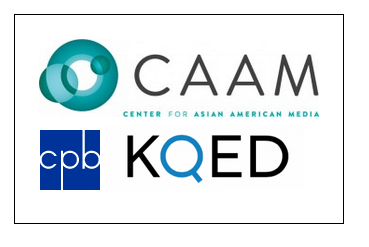 This story is a part of Off the Menu: Asian America, a multimedia project between the Center for Asian American Media and KQED, featuring a one-hour PBS primetime special by filmmaker Grace Lee (The Grace Lee Project, American Revolutionary), original stories and web content.
This story is a part of Off the Menu: Asian America, a multimedia project between the Center for Asian American Media and KQED, featuring a one-hour PBS primetime special by filmmaker Grace Lee (The Grace Lee Project, American Revolutionary), original stories and web content.
